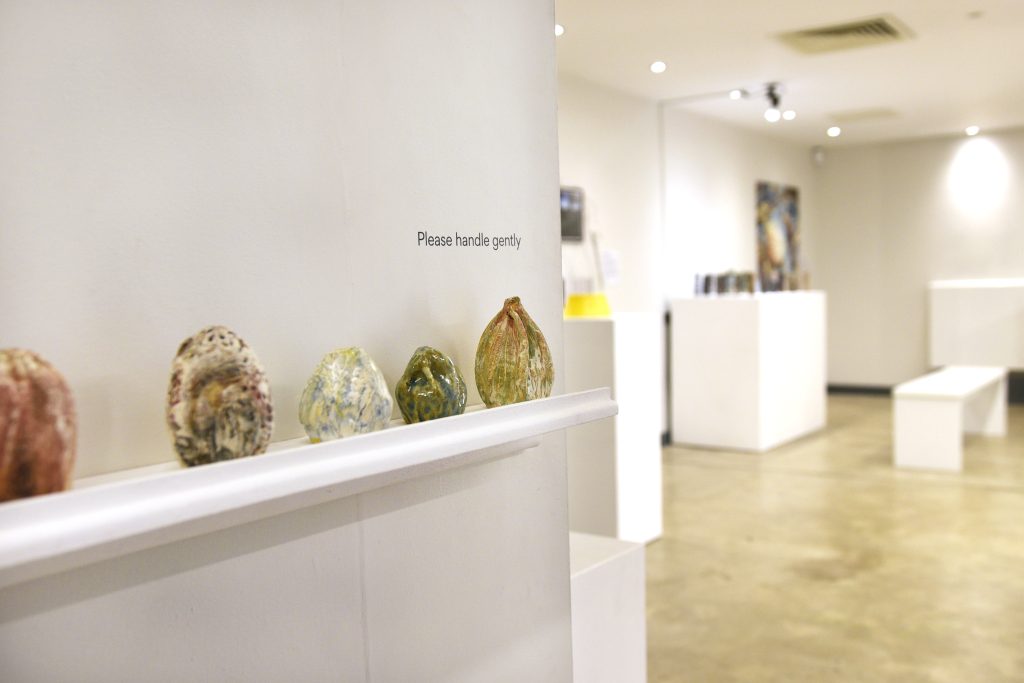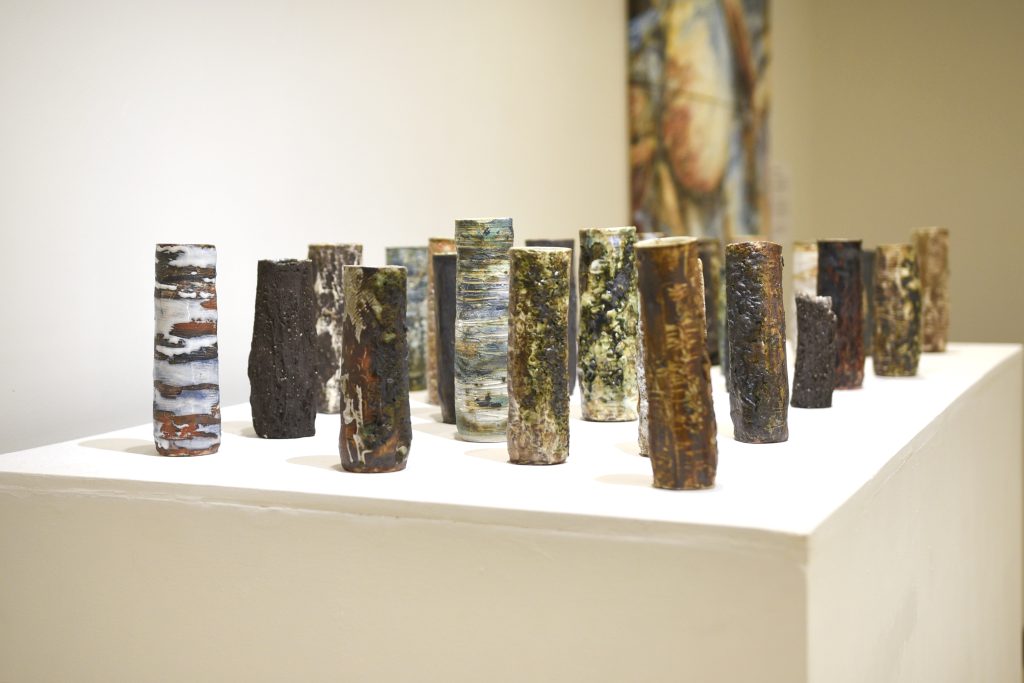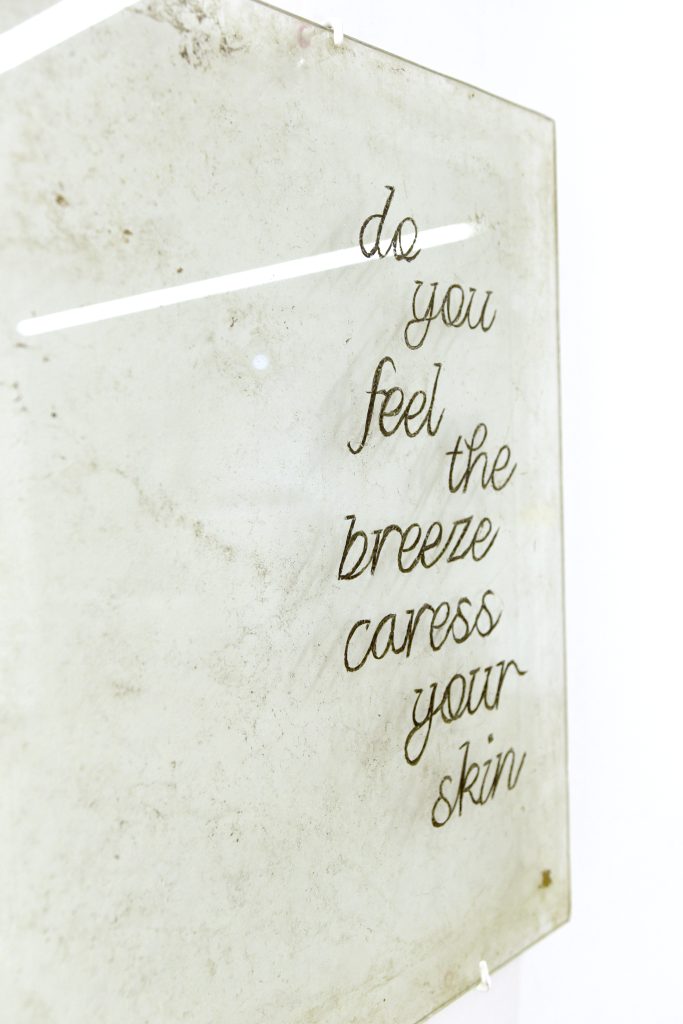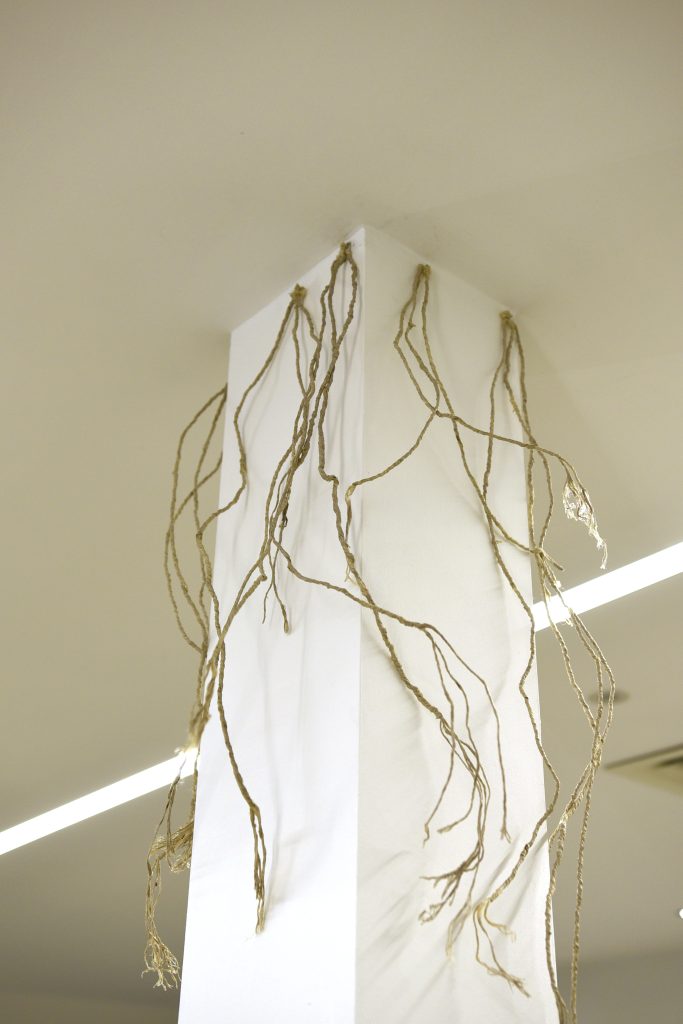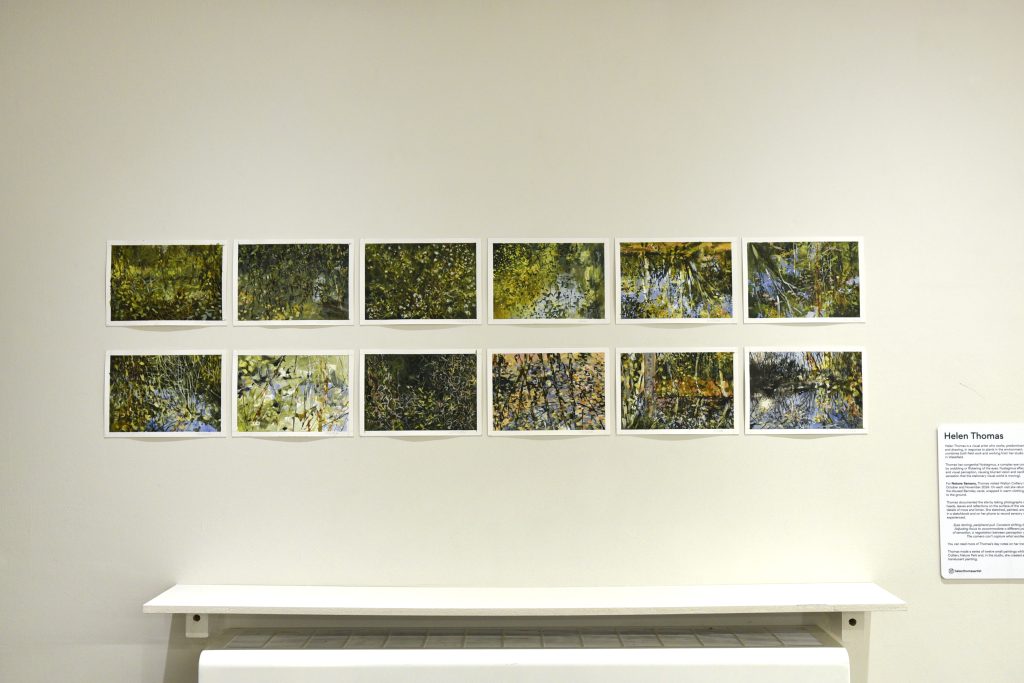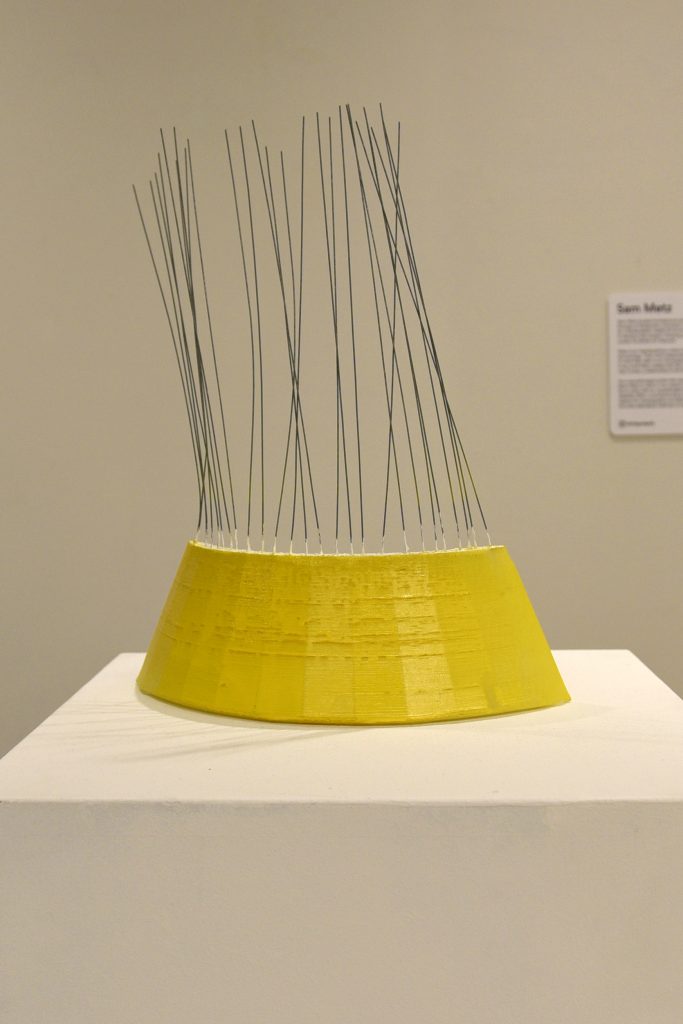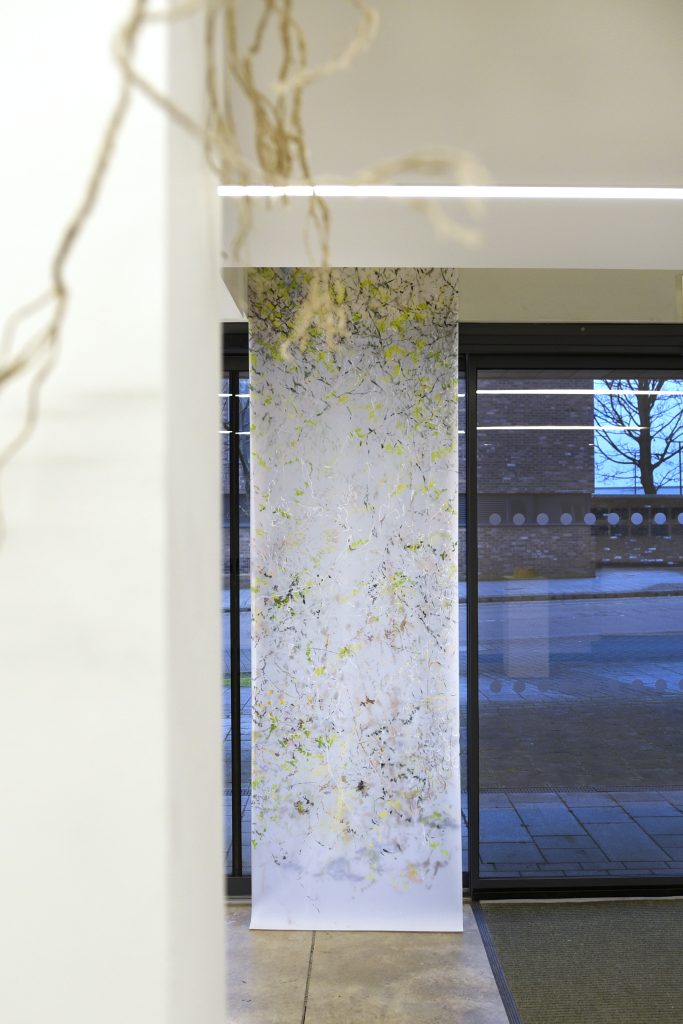When visiting Nature: Sensory, please note that the Learning Space can at times be booked out for private events. To ensure the exhibition is open to the public today please email info@the-arthouse.org.uk or call TAH reception on 01924 31200.
Join us for a special celebration during Artwalk night on Wednesday 29 January, 17:00-20:00
For access information head to our page here.
The Art House is thrilled to present Nature: Sensory, an exhibition that reimagines how we experience the environment. The show invites audiences to engage with nature through alternative sensory engagements that are more than just visual, such as touch and movement. Featuring work created by disabled artists and those living with long-term health conditions, the exhibition offers fresh, unique interpretations of Wakefield’s green spaces. Through their responses to the theme Nature:Sensory, the artists challenge traditional perceptions of landscape, revealing unexpected and thought-provoking perspectives.
You can find out more about Nature Sensory on Instagram @naturesensorywakefield
Featuring artists Amelia Baron, Jessie Davies, Helen Thomas, Sam Metz and Michelle Duxbury, Nature: Sensory is funded with a Culture Grant by Wakefield Council as part of Our Year – Wakefield District 2024, and supported by The Art House.
You can find out more about the artists’ practice below.
Amelia Baron
Amelia Baron is an artist and curator based in West Yorkshire. Her practice aims to visualise the themes of chaos and control in mental illness through endurance performance and installation. The use of delicate materials and repetitive motions take a metaphorical stance on the fragility and vulnerability of mental wellbeing, whilst also celebrating the strength and resilience of the individual. Brought up in Blackburn, Lancashire, Amelia’s journey into further education was unconventional due to lengthy stays in hospital due to ill mental health. Art became, and still continues to be, a cathartic tool for recovery and a means of communication with friends, family and the wider community.
Jessie Davies
Jessie Davies is an artist whose work highlights important yet fragile wetland and woodland environments that play a vital role in our wider ecosystems. Living with multiple disabilities, including paraplegia and autism, Davies’ access to, and view of, the rural environment result in an acute observation of small, overlooked objects which nestle in the landscape. Immersing herself amongst the foliage of these terrains, she creates textural paintings and ceramics, often incorporating materials found in these habitats. Davies has developed her ceramics practice since 2022 through access to a wheelchair-accessible pottery wheel. The artist experiments with slips and glazes, using layering to create unique surfaces and textures.
Michelle Duxbury
Michelle Duxbury is an artist and postgraduate researcher from Leeds, with a studio practice based in Wakefield.
Her work explores an intrinsic link between landscape, body and identity, and how our individual and collective (dis)connection to landscape can impact on our feelings of belonging/not belonging. She works with embroidery, moving image, sound and immersive installation work, using fictional narratives and speculative thinking to radically reimagine how disabled (and other marginalised) people might interact with landscapes they can not be physically present in, drawing on her own experiences as a disabled, neurodivergent woman from a working-class background.
Sam Metz
Sam Metz is an artist who explores the concept of ‘neuroqueering’ ecology. This term refers to the act of challenging societal norms that are hostile towards non-normative neurodivergent individuals. Their practice investigates and responds to the premise of subverting dominant structures that remain confrontational to neurodivergent bodies and minds. Their work explores relational ecology considering chronic pain, disability and visual impairment, focussing on how stimming might support interpretation of landscape.
Helen Thomas
Helen Thomas is a visual artist who works, predominantly with painting and drawing, in response to plants in the environment. Helen’s practice combines both field work and working from her studio at The Art House in Wakefield. Helen has congenital Nystagmus, a complex eye condition characterised by wobbling or flickering of the eyes. Nystagmus affects Helen’s vision and visual perception, causing blurred vision and oscillopsia (the illusory sensation that the stationary visual world is moving).

